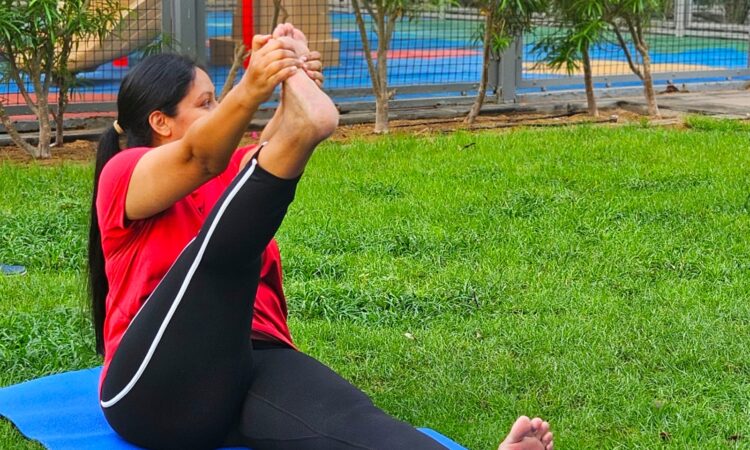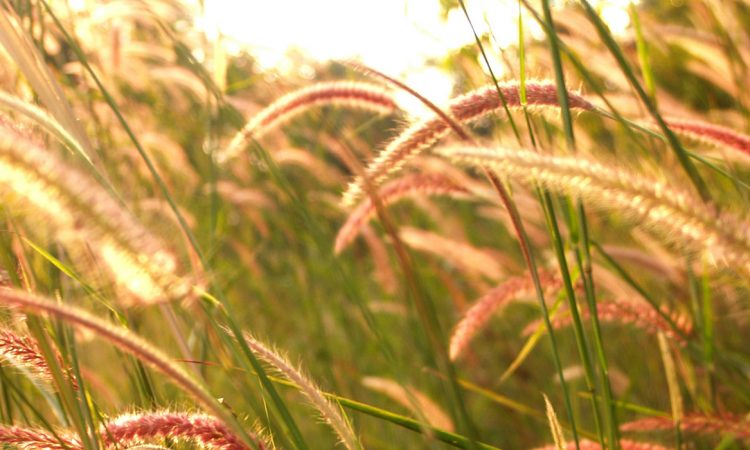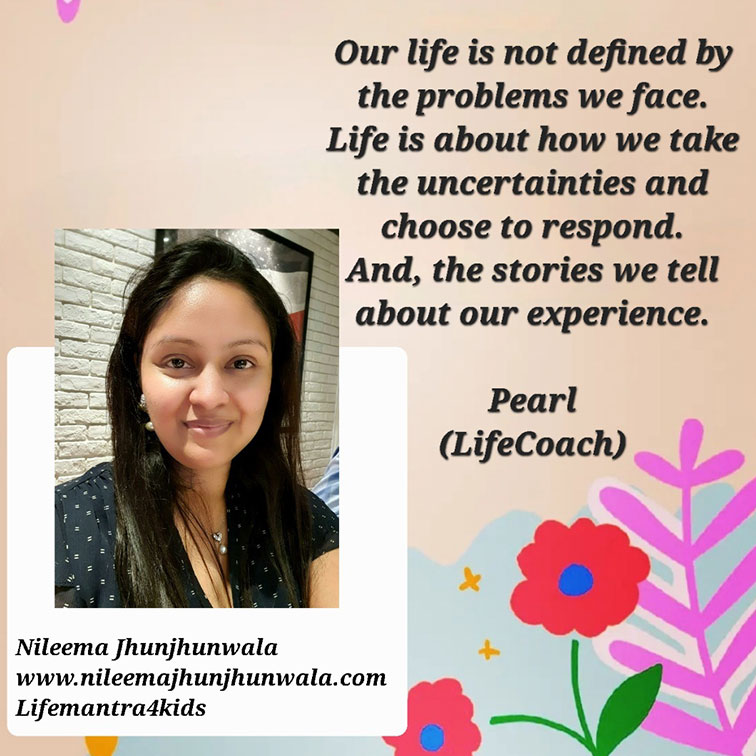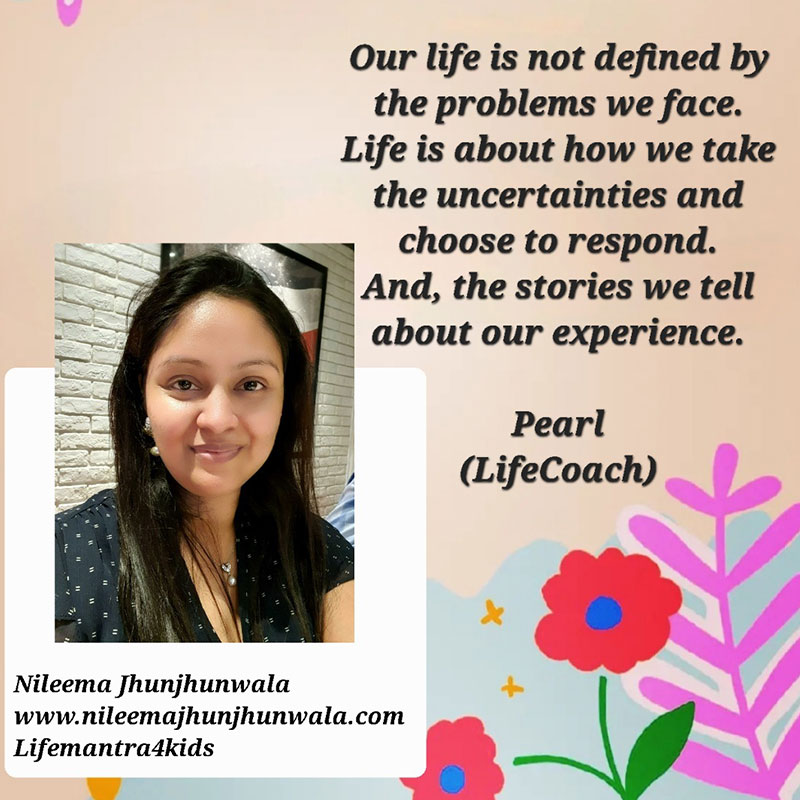How to Build a Consistent Home Yoga Practice
स तु दीर्घकालनैरन्तर्यसत्कारासेवितो दृढभूमिः (Yoga Sutra 1.14) – When the practice is sustained over a long period of time, with unwavering commitment and dedication, it becomes firmly established.
The one word close to my heart from the three important words in this sutra is- ‘Consistency’ (Nairantarya) , other two being -Duration (Dīrghakāla), and Devotion (Satkāra). I picked this word very recently. I have been practicing yoga for a long time (दीर्धकाल) now with one of my best friends. My efforts were devotional (श्रद्धा के साथ) and my spiritual journey was soaring. Until, last month when my friend had to visit out of town to her ancestral place for some family rituals. It would have been easy to decide that her trip meant I could have a break from Yogabhyas! But instead, I decided to remain consistent, even though I was on my own. By choosing to be consistent lead me to learn about myself and I discovered how to build flexibility and freedom into consistency. It’s my pleasure to share with you my ideas on how to build a consistent home Yoga practice based on my yogic journey:
Create a yoga space in your home sweet home:
During numerous years of my personal practice and now three years of teaching yoga I endorse creating a yoga space in home. Create environment. There was a time in my Yoga journey, when I had a newborn baby and a busy schedule and so what I did was I left my yoga mat out on the floor and I chose almost always to wear yoga or a Leisure wear. This helped me just get on my Yoga mat easily.
Take small steps. Even if all you can manage is to sit in Padmasana or Vajrasana, 2 minutes of Kapalbhati or even child’s pose. It’s not all or nothing. Try to be in the present moment, focusing on the breath, turning the awareness inwards, and it constitutes as practice. So, if you can’t visit the studio? Practice in your own space.
Consistency comes with accountability:
I believe it’s important to create a personal accountability structure. Whether that’s a practice journal or you have a practice partner or you check in with an expert Yoga teacher or you have an app that tracks how long you sat on your mat. I suggest everyone learning Yoga in my class to share their TDL and actual practice details regularly. They say, this one answerability leads them to be consistent.
To be consistent, one has to be committed yet flexible.
We need commitment with flexibility. Things change. We go through emotional and situational challenges. We move homes. We upgrade in our career. The seasons change and our needs too. So, do we quit? No, we adjust. Commitment, devotional commitment is the key in this ever-changing life. No matter what, I am committed to sit on my Yoga mat daily. We have to go flexible in order to continue our flexibility enhancing practices.
I find inspiration through reading yogic texts. I prepare my body with healthy food. I am consistent because I am doing what I love to do. I love my home practice me time, I love Yoga.
How do you inspire yourself? Please let me know in the comments.
———————————————————————————————————.
CA Nileema Jhunjhunwala is an author, energy healer and certified yoga teacher. She is an avid reader and is dedicated to the philosophy and lifestyle of yoga. In her free time, she loves playing with her little daughter.
==================================================================.



